The last one year has seen a lot of young people talking about service and engaging in national reconstruction. In many places where I speak, people ask specific questions on how does one get to engage in social work, and what are the areas in which one could engage productively.
The youth today are extremely result-oriented and seek explanations for everything that they need to do. To them, Swami Vivekananda had a simple formula. He laid down in clear and simple terms the three levels of service that one can do. The first is that of the Physical service – taking care of the human body and undertaking activities to ameliorate human physical suffering. Running hospitals, orphanages, old-age homes and various income generation programs would qualify for this level. The next higher level is that of Intellectual service. Running schools, colleges and awareness and empowerment programs would operate at this level. And finally for the evolved, he prescribed the highest level of Spiritual service.
He did not forget to warn us of the pitfalls of undertaking such service activities. He understood the human ego and its extraordinary potential for creating problems. He repeatedly warned us against placing ourselves at a higher level than what we should. His famous quote of not standing on the pedestal and offering the poor man five cents is legendary. He wanted us to undertake these activities, not merely for the betterment of society but for our own evolution and growth. He saw the ‘means’ of serving society leading on to the ‘end’ of spiritual growth of the person doing it. And he so beautifully advised us to ‘Serve God in Man’. All his philosophy is so elegantly and simplistically packed into one statement, and in such simple and lucid language that makes it at once achievable and attractive. This ideal is not only within the reach of each one of us but makes it so emotionally appealing and motivating to undertake.
One also needs to understand that social service does not automatically translate as giving up all the worldly responsibilities and sitting half-clad and starving in a remote village. It begins with arousing one’s social conscience and translating this in practical terms into social action. One needs to be pragmatic and keep one’s needs and limitations in mind before embarking on any such activity. One needs to begin with oneself first and then gradually expand this reach concentrically to include more and more deserving people. Each young person can continue to be what he/she is – a technocrat, a scientist, an engineer or a doctor. There is so much within the circle of our own small lives that we could do something about. The idea is to start with these small changes and incrementally build on them. Being a good and honest technocrat, scientist, engineer and a doctor itself is a good beginning. We could then expand to include more and more lives that we touch in our everyday existence.
And finally, Vivekananda wanted us to realize that what matters most is the understanding that in undertaking social activities lies the answer not only to the problems of people around us, but also to our own inner troubles and dilemmas.

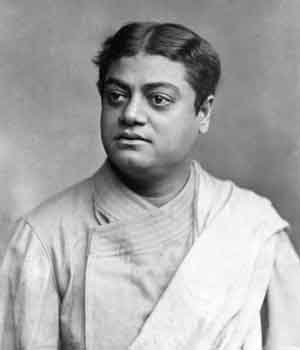
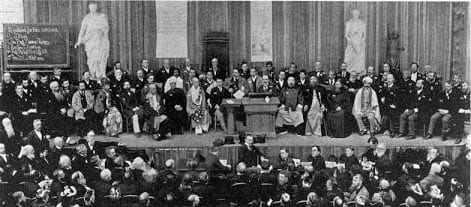
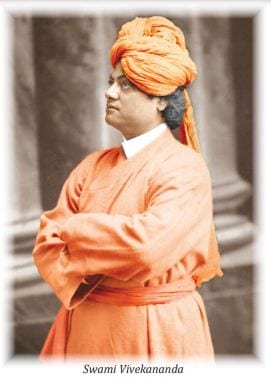
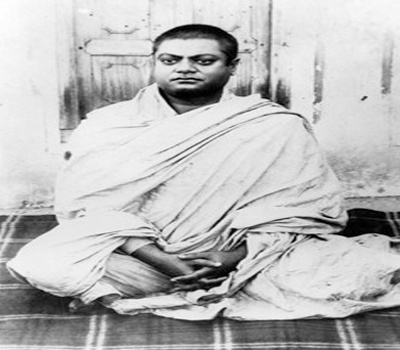

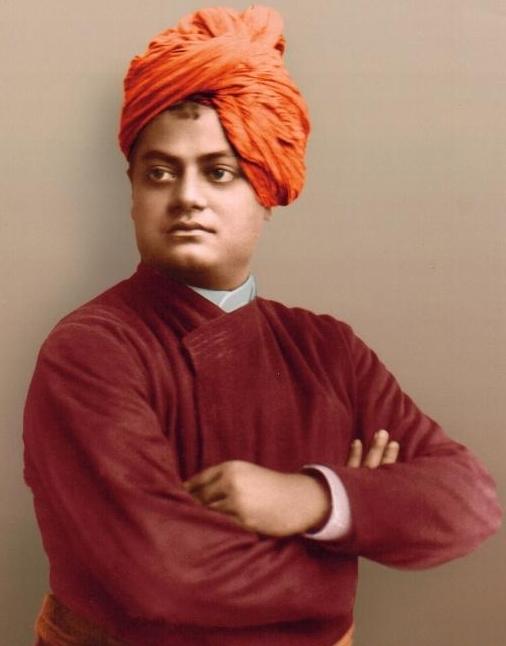
Leave A Comment